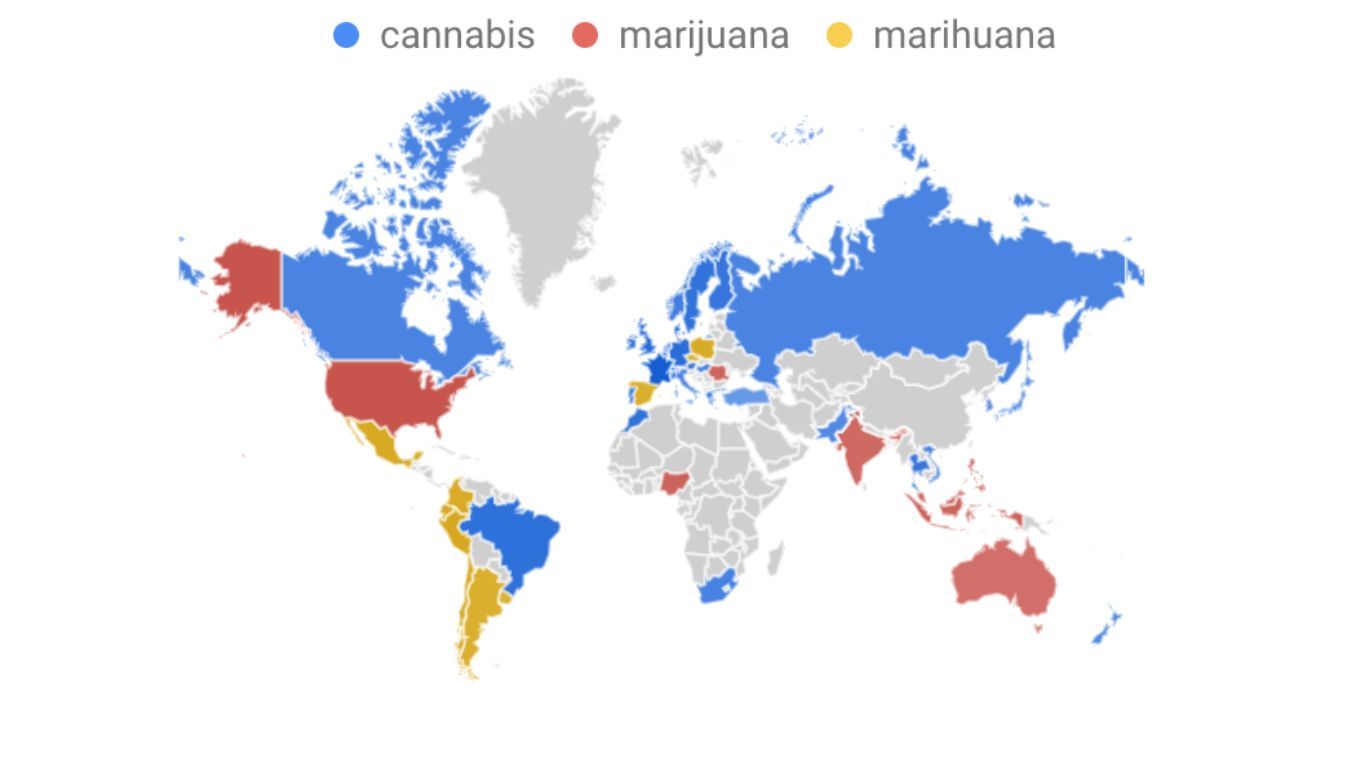
Following a dispute with their landlord and difficulty selling their crops, a micro cultivator in Alberta has recently filed to revoke their cultivation licence.
Jim Vanden Berg, the founder of Budding Gardens, a greenhouse micro cultivator formerly located just outside Calgary, says the mixture of a lease dispute with their landlord for most of 2020, combined with challenges selling their first three harvests, led him and his partner to make the decision to formally request revocation of their licence.
Although Vanden Berg says the relationship with the landlord was initially positive their attitude changed to being negative regarding the industry as negotiations over parts of the lease moved forward. Challenges arose regarding the landlord wanting unfettered access to the greenhouse and processing building that was within the secured fencing of Budding Gardens’ licensed facility.
Court records show the area in question was within the area leased by Vanden Berg and that he had informed the landlord that once licensed, they would not have unaccompanied access to the area, as per Health Canada’s regulations. The landlord objected to this, citing it was a key piece to their own small farm business, containing the property’s water cistern, pump, filtration and purification, electrical service, gas service, and backup generator.
Through this initial dispute, the landlord sought to increase Budding Gardens’ rent from $7,500 a month to $17,500 a month, which was eventually negotiated to a lower rent plus utilities deal that was not fully consummated which the two parties eventually disputed in court. Vanden Berg argued the contract didn’t allow for drastic changes in rent, and maintained that their lease allowed them to limit access by the landlord, while the landlord disagreed.
The judge ultimately decided that the lease was void due to uncertainty and that Budding Gardens was required to vacate the premises. The issues of the level of rent and access were not directly ruled on but the effect of the ruling was that Budding Gardens had lost their secured facility and by default, their license.
For his part, Vanden Berg says landlords effectively changed their mind in December 2019 on wanting to have tenants, cannabis growers or otherwise and were negotiating with the intent of ending the lease. The dispute over rent and access shows the need for very clear language in any agreement to ensure the contract provides certainty on cost and access to ensure it allows the license holder adheres to the federal guidelines.
Even without the conflict with his landlord, he says difficulty selling their first three crops, all of which were less than 20% THC, was also a major challenge. Before the court ruling came out in favour of the landlord in mid December, he said he had already made the decision to file a cessation of operation form with Health Canada, which would have potentially required them to destroy their 100kg of cannabis and move on.
“By early November we had finished harvesting our third crop,” explains Vanden Berg. “But the potency came in at about 15% for the bulk of (all three) crops. And if you’re under 20% that doesn’t really get you into the market. We had about 100kg and what we were hearing from extractors was they needed at least 200kg. So then we had to look at what our options were for destruction.”
He says they filed a cessation of operations form with Health Canada in early December, notifying them of their lease situation and the possibility of having to destroy their entire inventory, which they ultimately did by composting it after a conference call with Health Canada.
“On December 17 we composted our crop, we picked up the last of our stuff, drove away and never looked back”.
Without the considerable legal fees required to defend their lease, and by extension their location and license in court, Vanden Berg says he thinks he would have had a better chance at turning things around, but ultimately the stress of conflict with the landlord and not seeing an opportunity to sell small batch outdoor/greenhouse crops was just not worth it to move forward.
“Without the dispute with the landlord I think we would have still been in a similar spot, not being able to sell the crop. But I think without the legal battle I would have had a little more operating capital to see if I could make it work, brought in better genetics or partnered with someone. But ultimately I had to recognize that this wasn’t going to work here.”
Budding Gardens is the first micro cultivator to have their licence revoked, but in 2020 twelve federal licences were revoked, and two were allowed to expire by the licence holder. One licence was also suspended, and one licence was reinstated after a lengthy suspension.











